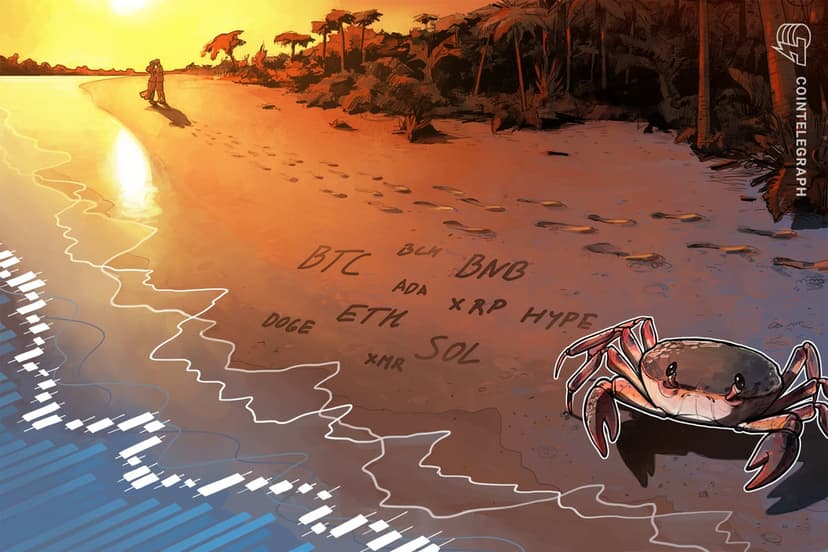Latest Movements
Cardano (ADA) is currently priced at $1.8 with a 24-hour trading volume of $1.27B. The market cap of Cardano stands at $32.98B, with 35.86B ADA in circulation. For those looking to buy or trade Cardano, YouHodler offers avenues to do so securely and efficiently
- Market cap
- $32.98B
- 24h volume
- $1.27B
- Circulating supply
- 35.86B ADA
Frequently Asked Questions About Cardano (ADA) Staking
- What is Cardano (ADA) and what problem is it trying to solve?
- Cardano is a proof-of-stake blockchain platform focused on sustainability, scalability, and security through a research-driven approach. It aims to provide a robust infrastructure for decentralized applications (dApps) and smart contracts, with a layered architecture that separates settlement and computation. This design, combined with formal methods and peer-reviewed research, seeks to reduce energy consumption, improve governance, and enable scalable, secure deployments for developers and institutions.
- How does Cardano's proof-of-stake consensus (Ouroboros) work and why does it matter for security and efficiency?
- Cardano uses Ouroboros, a proof-of-stake consensus mechanism where ADA holders delegate or participate in securing the network by creating epochs and slots. Validators (pool operators) are chosen to create blocks based on stake and randomness, rather than energy-intensive mining. This approach lowers energy usage, enables higher security guarantees through formal verification, and allows for flexible governance. Stakers earn rewards proportional to their stake, incentivizing long-term participation while reducing hardware requirements compared to traditional proof-of-work systems.
- What is the current supply status of ADA, and what should I know about supply limits and inflation risk?
- ADA has a max supply of 45 billion coins, with over 36.7 billion ADA currently circulating. The remaining supply will gradually enter circulation over time as block rewards and treasury mechanisms release new ADA. Since the supply cap is fixed, long-term inflation risk is influenced by demand dynamics rather than unlimited token issuance. Investors should monitor Cardano’s governance decisions, treasury funding, and project milestones that could affect demand for ADA.
- What are the main use cases for Cardano and how can ADA be utilized beyond payments?
- Beyond a digital currency, ADA is used to stake and participate in network consensus, enabling rewards for stakers and validators. Developers can deploy smart contracts and dApps on Cardano’s scalable multi-layer architecture, leveraging formal methods for verification. Cardano also emphasizes on-chain governance through a treasury system where ADA holders vote on funding for projects and upgrades. These capabilities aim to foster a resilient ecosystem with active community participation and long-term sustainability.
- What factors should I consider before investing in ADA, and how can I keep my holdings secure?
- Before investing, assess ADA’s technology roadmap, ecosystem activity, and real-world use cases such as DeFi, non-fungible tokens, and governance initiatives. Review upcoming hard forks, protocol upgrades, and partnerships that could impact price and adoption. For security, store ADA in reputable wallets (hardware wallets recommended for large holdings), enable two-factor authentication, and stay cautious of phishing or exchange-related risks. Diversify holdings, only invest what you can afford to lose, and consider a long-term perspective aligned with Cardano’s development trajectory.



